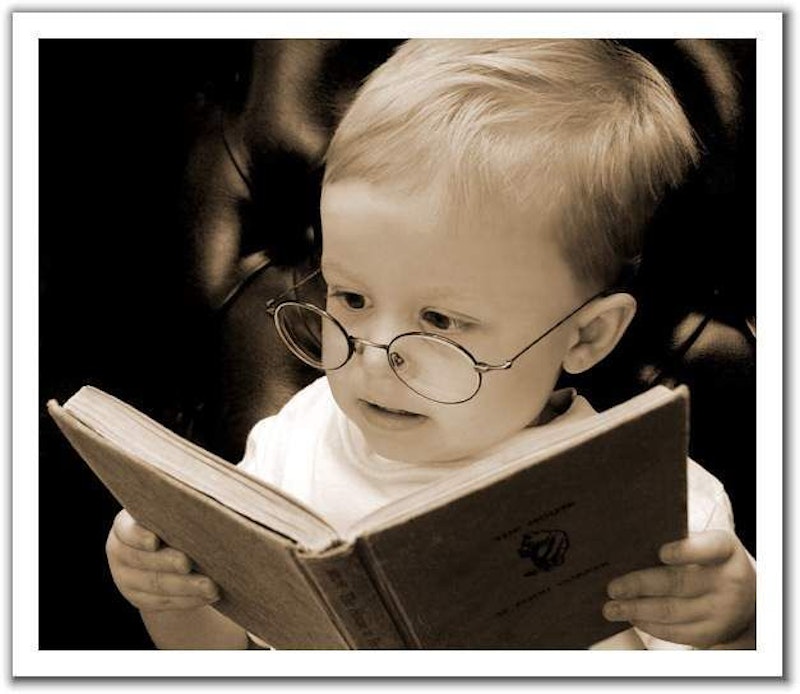In the News
Time to Read: Reading Fiction Beefs Up Your Brain
25th October 2016
Literacy levels in England don’t look great: 3.4 per cent of 20 to 34-year-old graduates in England have literacy skills below level two, making them the most "illiterate" in the developed world. Findings like this should motivate us to support efforts to improve reading in the UK.
So if you're reading this – and you're one of the more fortunate ones – here's how reading fiction can affect your brain.
Reading fiction has all sorts of advantages. Several studies reveal that reading fiction improves empathy and thus makes one more likely to suspend judgement of different values and participate in compassionate behaviour. The stories of Cinderella and Snow White are more than just fairy tales read to us when we were young: these stories (and others) have shaped our early concepts of what is right and wrong.
Through reading fiction, our imagination blossoms. Literary fiction is an incredible example of art because it allows remarkable room for our interpretation. With expanded creativity, you discover new ideas that can take any idea to the next level.
More than just arousing our imaginations, it is also by reading fictions such as Jane Austen’s novels that I have found myself, and in the process realised my true emotions when reading, as well as my wants and needs. When we read, the fetters of social pressure are released, and we find ourselves looking at life in the perspective we’ve always believed to be true but hid from ourselves and others. Reading helps us to discern our most important priorities including goals for personal improvement.
Reading can also provide us with a sense of calm in just a few minutes. A 2009 study by the University of Sussex has revealed that by reading for six minutes, it can help us reduce our stress levels by up to 68 percent, which could be because our minds begin to wander and relax.

But I still have to give credit to non-fiction works because it is from them that we gain knowledge (useful facts and information). It is through textbooks that I learned to appreciate the science behind human behaviour. However, it is fiction which reveals wisdom, or the ability to apply knowledge, through exposure to various intricate and imagined situations.
Curling up with a captivating novel now and then may not be “practical” in that it will not help us gain “practical knowledge”, but it should remain a part of our lives. In an increasingly utilitarian, technology-oriented society, fiction has become ever more relevant. It is more relevant than non-fiction because it possesses the ability to make us humans. Even if you're not an avid reader, reading fiction can activate your creativity, increase your levels of empathy, make you a better speaker and much more.
Daily Digest
To keep up-to-date with the tutor2u Psychology team, follow us on Twitter @tutor2uPsych, Facebook AQA / OCR / Edexcel / Student or subscribe to the Psychology Daily Digest and get new content delivered to your inbox!
You might also like

A Level Psychology Depts - Behind the Numbers
29th October 2015

Anxiety - the Life-Saving Sixth Sense?
29th December 2015

CBT Can Help With Dental Phobia
29th December 2015

Who are England's Largest A Level Psychology Departments
23rd May 2016
Stressed Over A-Level Results Day?
18th August 2016
tutor2u Psychology – Weekly Update (22 Aug 2016)
22nd August 2016
Are You Hard Wired for Addiction?
31st August 2016